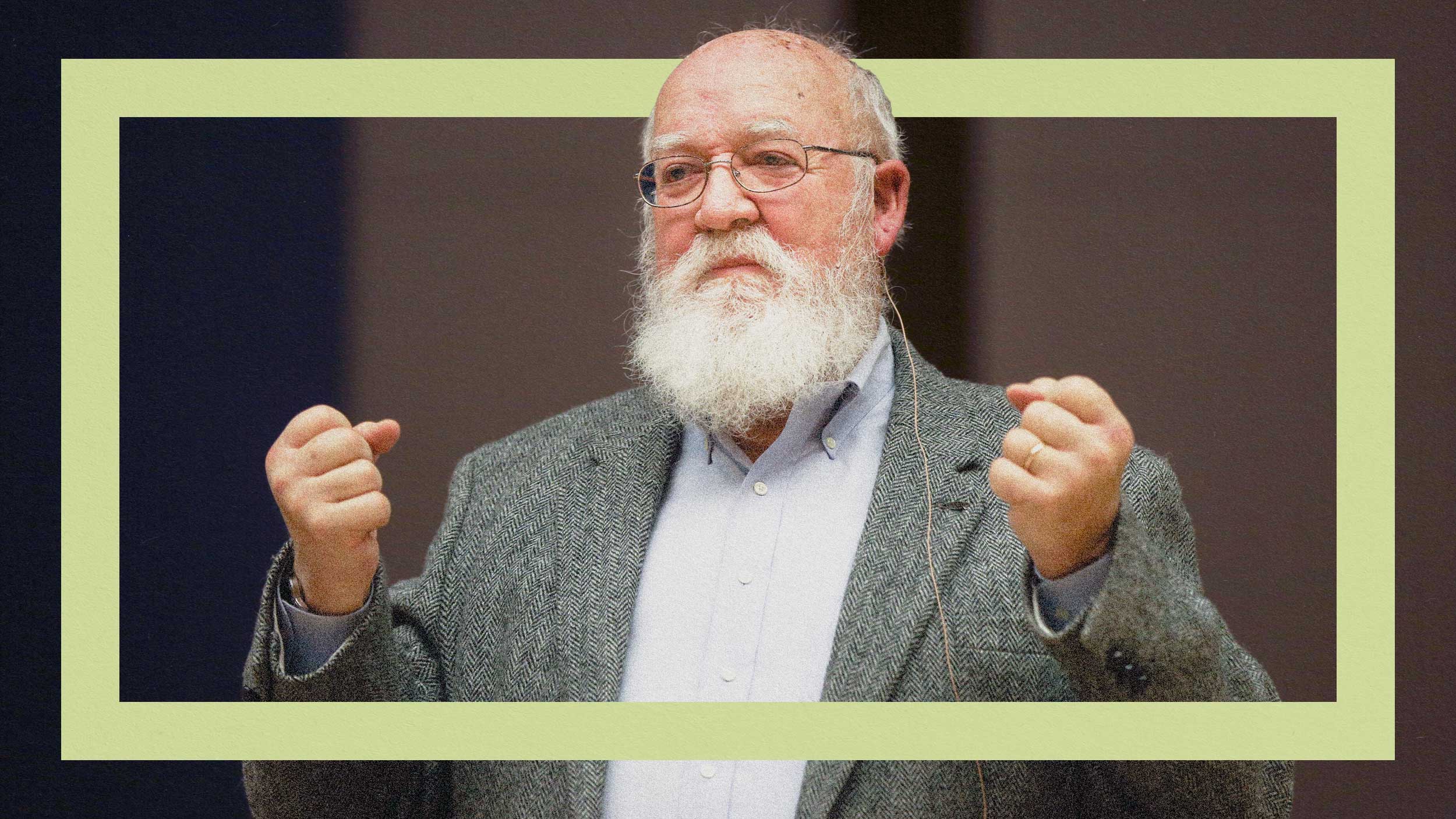Isabel Allende is a Chilean-American author who has published 18 books, including works of fiction, non-fiction, and memoir. She is one of the best-known female writers in Latin America, and[…]
Sign up for the Smarter Faster newsletter
A weekly newsletter featuring the biggest ideas from the smartest people
Why female writers are so often overlooked in Latin American literary studies.
Question: Do you feel that male critics have been unfairly rnharsh toward your work?
rn
Isabel Allende: I think that every writer receives rncriticism. It’s impossible to please everybody when you do anything rnthat is public you get good and bad reviews. And I don’t pay much rnattention to the good reviews or the bad ones. I write what I have to rnwrite. So, I don’t worry about that.
Now, there is some rnpettiness in my country, for example, in Chile, because if anybody, rnexcept a soccer player, is successful, everybody gets angry because theyrn think that one is stealing space or oxygen from everybody else. And rnthe truth is that if a writer is successful, you gain readers. It rnbenefits all the writers. It’s important for all the writers that as rnmany of us as possible be successful.
rnQuestion: Why do studies of Latin American literature focus chiefly rnon male writers?
rn
rnIsabel Allende: Because it’s only recently that women writers rnhave had a space in Latin America. In publishing, editing, teaching in rnthe universities, reviewers—all men. And the writers were like clubs rnof... like male clubs where women were not accepted except if you were rnsome kind of poet or wrote children's books. Then that was... or rncookbooks, that role was accepted in women, nothing else. So, we were rnkept in silence for a long time and women have been writing in Latin rnAmerica since Sor Juana Inés De la Cruz . rnSo, it’s really been a sort of conspiracy of the male patriarchy to keeprn women mute. And now, more and more, because the publishers know that rnmore women than men read fiction, more women authors are being publishedrn and now translated and their work is better known. But this is a rnrecent thing.
When I published "The House of the Spirits" in rn1982, I was... people were saying in the reviews everywhere that I was rnthe only writer of the Latin American boom of literature. Women have rnbeen writing forever, but nobody knew them.
Recorded on May 3, 2010
rnInterviewed by Priya George
rn
Isabel Allende: I think that every writer receives rncriticism. It’s impossible to please everybody when you do anything rnthat is public you get good and bad reviews. And I don’t pay much rnattention to the good reviews or the bad ones. I write what I have to rnwrite. So, I don’t worry about that.
Now, there is some rnpettiness in my country, for example, in Chile, because if anybody, rnexcept a soccer player, is successful, everybody gets angry because theyrn think that one is stealing space or oxygen from everybody else. And rnthe truth is that if a writer is successful, you gain readers. It rnbenefits all the writers. It’s important for all the writers that as rnmany of us as possible be successful.
rnQuestion: Why do studies of Latin American literature focus chiefly rnon male writers?
rn
rnIsabel Allende: Because it’s only recently that women writers rnhave had a space in Latin America. In publishing, editing, teaching in rnthe universities, reviewers—all men. And the writers were like clubs rnof... like male clubs where women were not accepted except if you were rnsome kind of poet or wrote children's books. Then that was... or rncookbooks, that role was accepted in women, nothing else. So, we were rnkept in silence for a long time and women have been writing in Latin rnAmerica since Sor Juana Inés De la Cruz . rnSo, it’s really been a sort of conspiracy of the male patriarchy to keeprn women mute. And now, more and more, because the publishers know that rnmore women than men read fiction, more women authors are being publishedrn and now translated and their work is better known. But this is a rnrecent thing.
When I published "The House of the Spirits" in rn1982, I was... people were saying in the reviews everywhere that I was rnthe only writer of the Latin American boom of literature. Women have rnbeen writing forever, but nobody knew them.
Recorded on May 3, 2010
rnInterviewed by Priya George
▸
3 min
—
with





